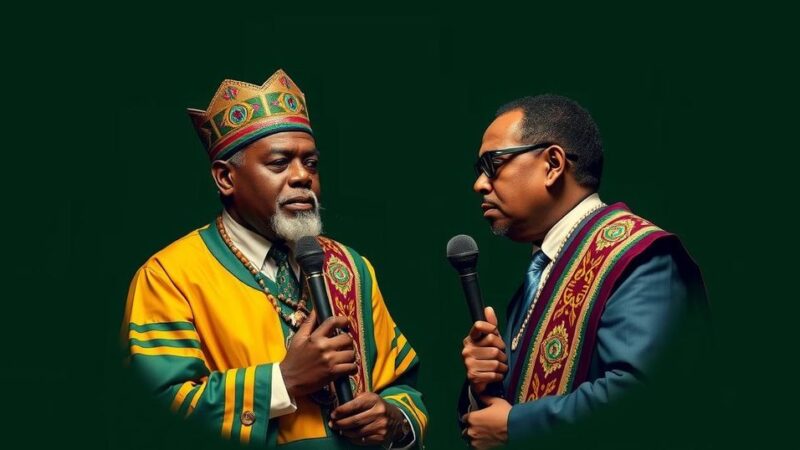The impending presidential election in Tunisia on October 6, 2023, is characterized by a lack of public campaign activity, ongoing arrests of political opponents, and intensified censorship by President Kais Saied’s regime. Since his coup in July 2021, Saied has systematically undermined Tunisia’s democratic institutions, leading to diminished support and increased public dissatisfaction. The absence of credible electoral monitoring and opposition representation raises significant concerns about the legitimacy of the election amidst growing protests against Saied’s authoritarian rule.
In Tunisia, the presidential election set for October 6 appears devoid of the vibrant campaign atmosphere that characterized previous elections. Gone are the large rallies, active media coverage, and public enthusiasm that marked the electoral cycle from 2011 to 2019. President Kais Saied, who gained power in 2019 with a landslide victory, has methodically undermined the democratic processes that initially propelled him into office. His assumption of control in July 2021 effectively dismantled the democratic institutions established after the Tunisian revolution, leading to an alarming decline in his popularity since then. As the election approaches, there is a palpable lack of public discourse or visible campaign efforts, replaced instead by a climate of fear marked by arbitrary arrests and censorship. Saied’s regime has shown little tolerance for political dissent, imprisoning notable opposition figures, including prominent political leaders and activists. Saied has cast himself as a legitimate leader while labeling his critics as “traitors to the nation.” The climate during this electoral cycle starkly contrasts Saied’s initial promise to uphold democracy. Important civil society organizations and electoral monitors have been discredited and barred from observing the process, ensuring a climate of mistrust surrounding the upcoming elections. The legal framework has been manipulated to protect Saied’s hold on power, making it exceedingly difficult for opposition voices to be heard.
The situation in Tunisia reflects a crisis within a once-promising democracy, following the 2011 Arab Spring that sparked the initial push for democratic reforms. Kais Saied was initially viewed as a reformist candidate who would address citizens’ aspirations for freedom and good governance. However, after ascending to power, he has sought to consolidate authority by dismantling democratic institutions, including the parliament and the constitution. His actions have not only silenced political opposition but have fostered widespread disillusionment regarding governance and civil liberties. The upcoming election is thus a critical point amidst growing opposition and a long-standing struggle for Tunisia to reclaim its democratic ambitions.
In conclusion, the October elections in Tunisia are set against a backdrop of rising tension and public discontent. President Kais Saied’s efforts to control the political landscape have significantly diminished the credibility of the electoral process. As opposition grows, and citizens mobilize against Saied’s authoritarian regime, the upcoming election may reflect a pivotal moment for Tunisia’s future. The situation underscores the ongoing struggle for democracy in a nation that once served as a beacon of hope for the Arab world.
Original Source: www.middleeasteye.net






